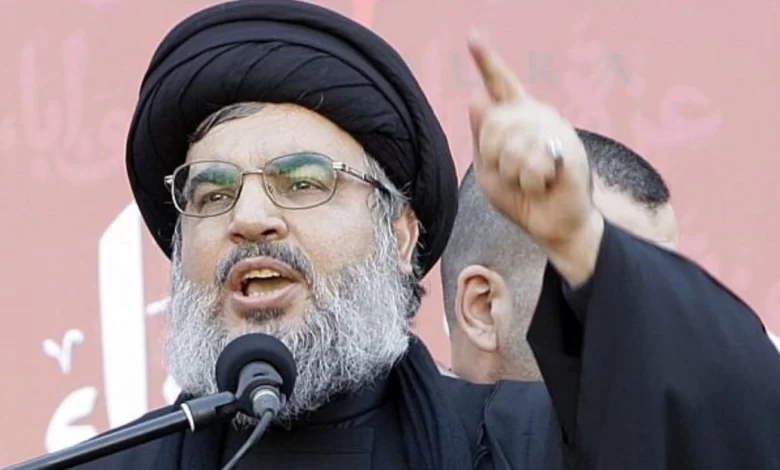
By : Nedal Zubeidi
Jordan Daily – The confirmed killing of Hassan Nasrallah, the long-time leader of Hezbollah, by Israeli airstrikes in Beirut marks a pivotal moment in Middle Eastern geopolitics. This event, while a significant blow to Hezbollah, carries profound implications for Israel, Lebanon, and the broader region. But what does this mean for the future? Are we on the brink of a new era, or are we merely teetering on the edge of chaos?
For Israel, the elimination of Nasrallah is a strategic victory, no doubt! For decades, Nasrallah has been a formidable adversary, orchestrating numerous attacks and maintaining a military presence in southern Lebanon. Yet, this victory comes with substantial risks. Isn’t it naive to believe that Hezbollah will simply accept this loss? Retaliation is almost certain, and Israel must brace for a potential surge in rocket attacks and border skirmishes. Will the Israeli army be prepared for the consequences of its action? How many lives will be put at risk as tensions escalate?
Lebanon is already grappling with economic collapse and political instability. Now, the death of Nasrallah could push the country into deeper turmoil! Hezbollah is not just a militant group; it is a significant political player with deep roots in Lebanese society. What happens when a group with such influence loses its leader? Will internal power struggles within Hezbollah spill over into broader sectarian violence? The Lebanese government, weak and fragmented, may struggle to contain the fallout, exacerbating the country’s woes. Can Lebanon afford another crisis?
The Arab world stands divided in its response. Some Gulf states, wary of Iran’s influence through Hezbollah, might quietly welcome this development! However, Iran and its allies were very quick to condemn the attack vehemently. How will Tehran retaliate? The options for retaliation are varied.
Iran, the primary backer of Hezbollah, faces a critical decision. Direct military retaliation against Israel could escalate into a larger conflict, drawing in regional and possibly global powers! Conversely, Iran might opt for a more measured response, leveraging its network of allies to apply pressure on Israel indirectly. Could cyber attacks on Israeli infrastructure become the new battlefield? Given Iran’s capabilities in this domain, it seems likely.
The international community, particularly the United States, will play a crucial role in the aftermath. Will the U.S. support Israel’s right to self-defense while urging restraint? Diplomatic efforts will be essential to de-escalate tensions and avoid a full-scale war. But is anyone prepared for the complexities of this situation?
The death of Hassan Nasrallah is significant, but it is not the end of the story. The Middle East is a complex tapestry of alliances and enmities, and this event will undoubtedly weave new threads into that fabric. What lies ahead? The coming days and weeks will reveal the true extent of the repercussions, but one thing is certain: the region stands at a crossroads! The choices made now will shape its future for years to come.
In this volatile environment, the international community must act with caution and foresight. Will diplomatic channels remain open? Can we prioritize efforts to mediate and de-escalate? The stakes are high, and the path forward is fraught with peril. However, with careful navigation, can we avert a broader conflict? Only time will tell.

